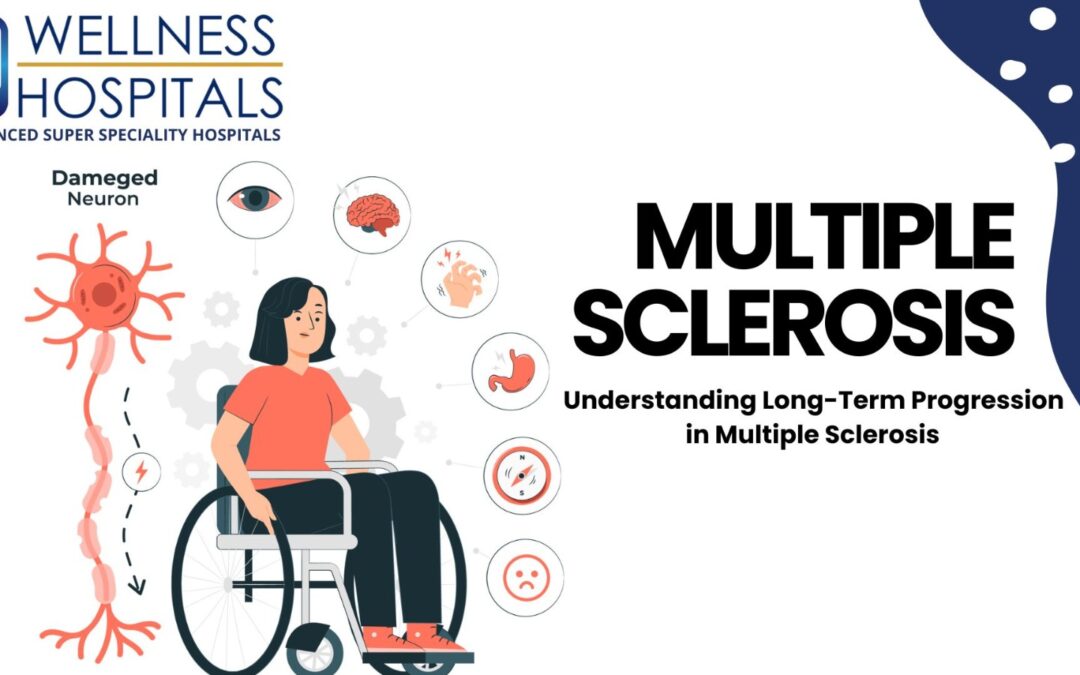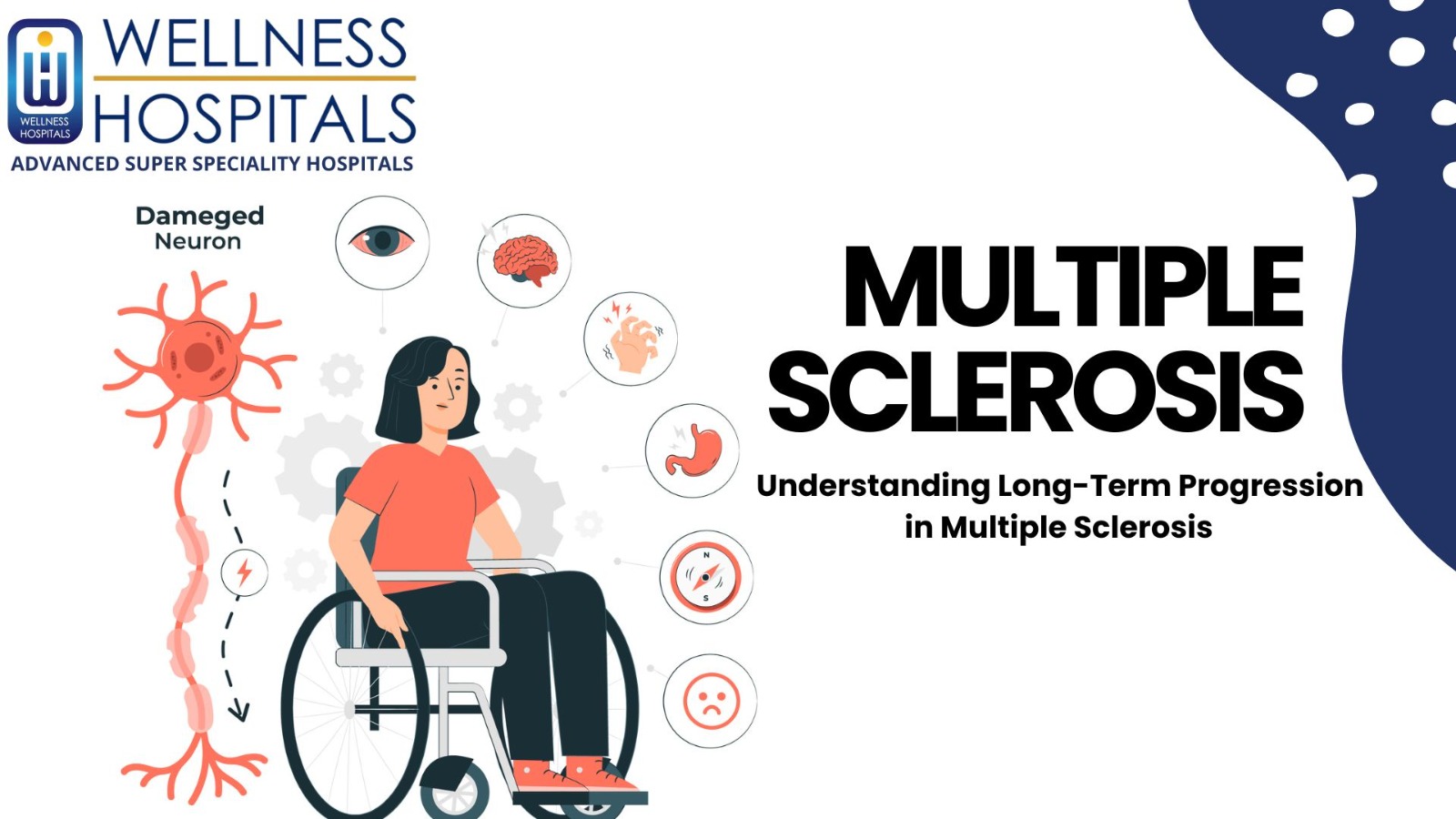Multiple sclerosis is a chronic and degenerative disease that affects the central nervous system, leading to symptoms such as muscle weakness, balance problems, and cognitive impairment. While the progression of Multiple Sclerosis can vary widely among individuals, it is typically a long-term problem that can lead to disability and reduced quality of life. With the help of comprehensive care at wellness hospitals, people with Multiple Sclerosis can improve their overall health and well-being.
Types of Multiple Sclerosis
There are several types of Multiple Sclerosis, each with different patterns of progression and symptoms. The most common types include:
Relapsing-remitting Multiple Sclerosis: This is the most common type of Multiple Sclerosis, affecting around 85% of people with the condition. It is characterized by periods of relapse, when symptoms worsen, followed by periods of remission, when symptoms improve or disappear.
Primary progressive Multiple Sclerosis: This type of Multiple Sclerosis affects around 10-15% of people with the condition. It is characterized by a gradual worsening of symptoms over time, with no periods of remission.
Secondary progressive Multiple Sclerosis: This type of Multiple Sclerosis begins as relapsing-remitting Multiple Sclerosis but eventually progresses to a more continuous form of the disease, with fewer or no periods of remission.
The Importance of Comprehensive Care in Multiple Sclerosis Management
Comprehensive care at wellness hospitals can play an important role in managing Multiple Sclerosis, particularly in the long term. By providing a range of services and support, including medical care, rehabilitation, and wellness programs, wellness hospitals can help people with Multiple Sclerosis maintain their overall health and well-being, reduce the risk of comorbidities, and potentially slow the progression of the disease.
Benefits of Comprehensive Care in Multiple Sclerosis Management
There are several benefits associated with comprehensive care in Multiple Sclerosis management at wellness hospitals. These include:
Improved physical health: Regular medical care, including medications and rehabilitation, can help people with Multiple Sclerosis manage their symptoms and maintain their physical health. Additionally, wellness programs such as exercise and nutrition counseling can further improve their physical health.
Better emotional and mental health: Multiple Sclerosis can be a challenging condition to manage emotionally, and comprehensive care at wellness hospitals can provide support in this area. This may include counseling services, support groups, and stress-management techniques.
Increased social support: Multiple Sclerosis can also be isolating, and wellness hospitals can provide opportunities for people with Multiple Sclerosis to connect with others who share their experiences. This can help reduce feelings of isolation and increase social support.
Slowed progression of the disease: While there is no cure for Multiple Sclerosis, comprehensive care at wellness hospitals can potentially slow the progression of the disease by managing symptoms, reducing comorbidities, and improving overall health.
Conclusion
Multiple sclerosis is a long-term condition that can have a significant impact on quality of life. However, with comprehensive care at wellness hospitals, people with Multiple Sclerosis can improve their overall health and well-being, reduce the risk of comorbidities, and potentially slow the progression of the disease. By incorporating wellness programs into Multiple Sclerosis management, wellness hospitals can provide a holistic approach to care that addresses both physical and emotional well-being.
Dr. Shailesh Mohan Badole MBBS, DNB – Neurology



